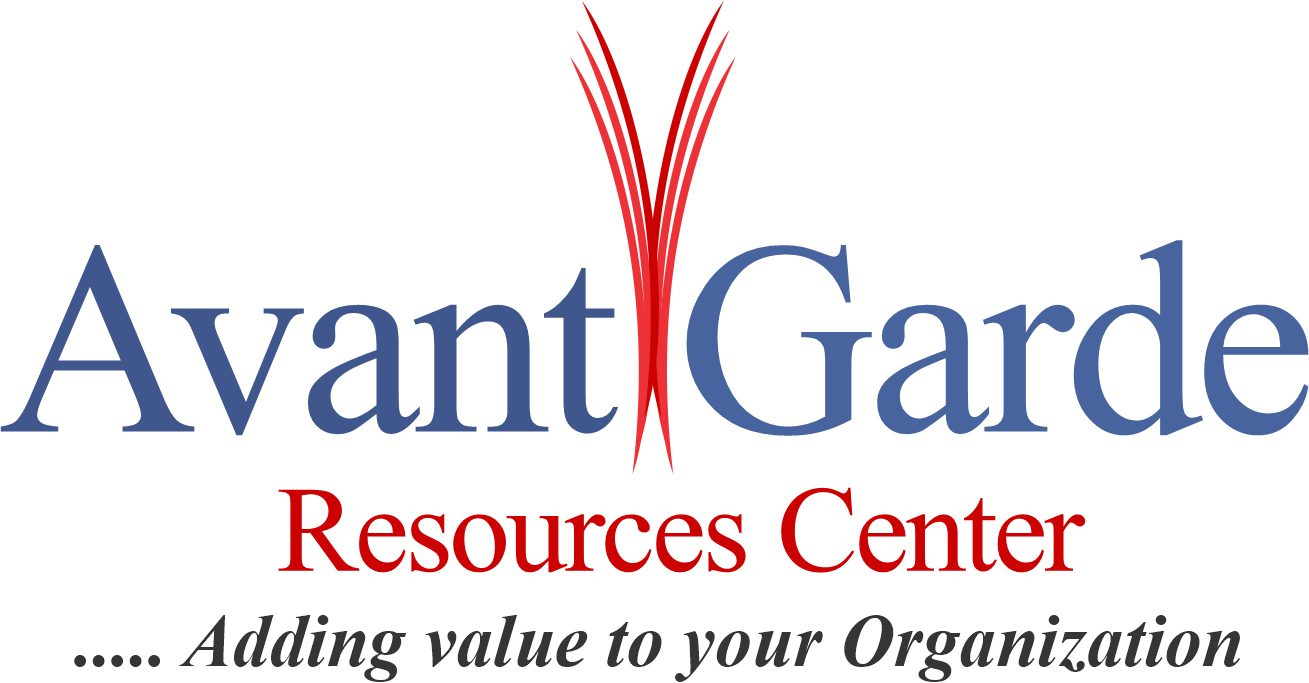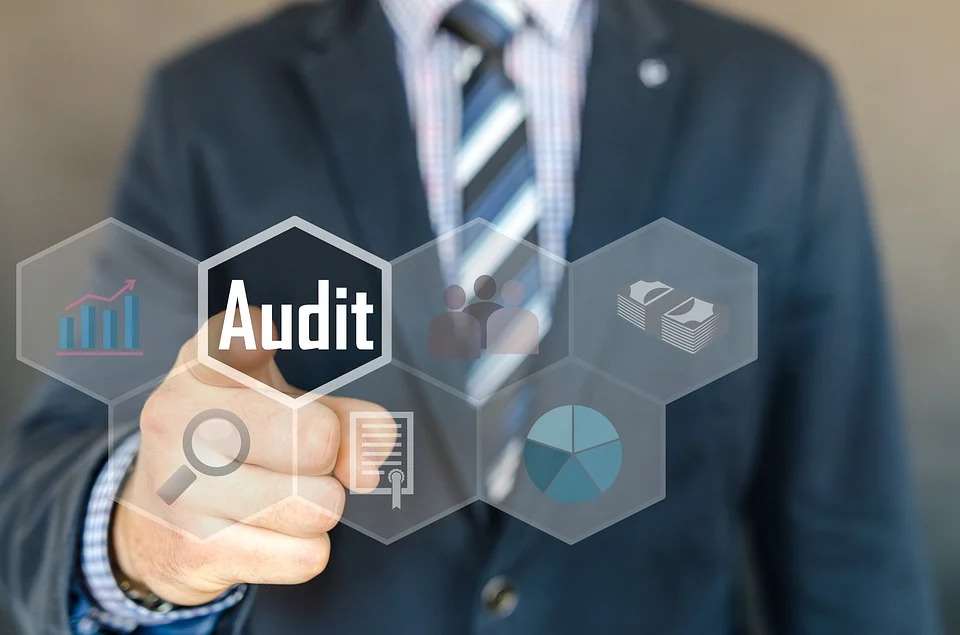Objective
Changes in the regulatory and corporate governance environment have significantly increased the expectations that many stakeholders place on the internal audit function. “Essentials of Internal Audit and Enterprise Risk Management” guides internal auditors through the required standards for performing the internal audit. It covers up-to-date tips and tools to accomplish the audit in an efficient, flexible and results-based manner in order to support the organization’s strategic objectives improves its sustainability and leverage its ability to face future challenges. By the end of the workshop, participants will be able to:
- Define Internal audit, its scope and function within the Organization
- Describe the internal audit fieldwork guidelines and apply techniques for risk identification, controls identification and controls testing
- Distinguish the types of internal audit assignments related to operational, compliance or financial internal audit
- Recognize fraud and express internal auditor’s responsibility upon fraud






Reviews
There are no reviews yet.